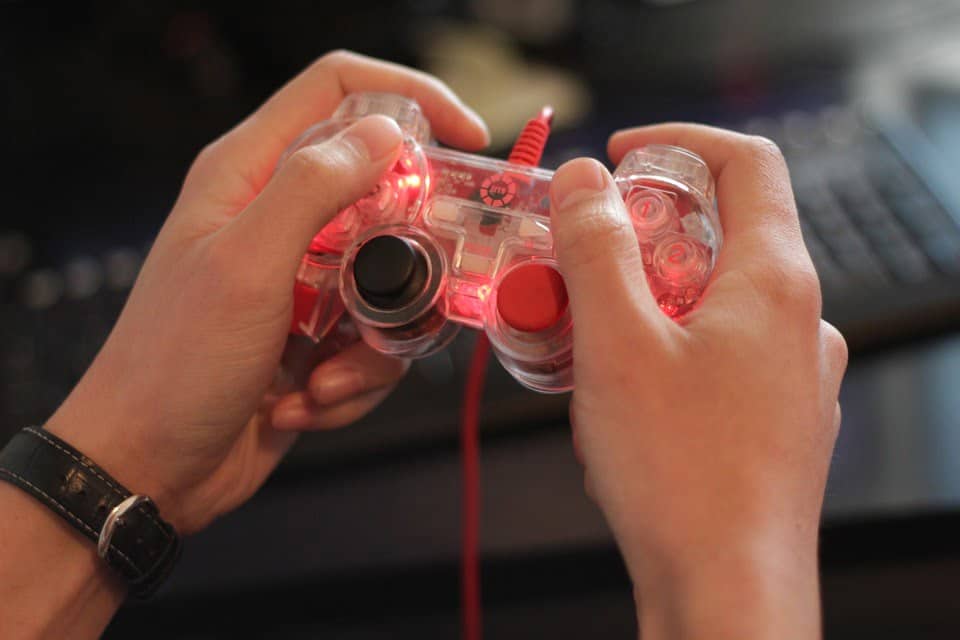Study Suggests Gamers Have Better Academic Performance

The Royal Melbourne Institute of Technology in Australia conducted a study that tested reading, math and science skills of students who were 15 years of age. One of the factors considered in the study was how much time each student spends playing video games. The results suggested that the students who gamed most days did way better in every category, “scoring 15 points above average in math and reading, and 17 points above average in science.” (Seeker)
One argument can be made that gamers tend to do better in school because smarter kids might be more likely to play games than others (correlation does not equal causation). Additionally, kids that played games every single day without any breaks in between actually did worse on the academic tests.
The idea that gamers are smarter is nothing new. In 2004, SourceFed released a video titled “16 Ways Video Games Make You Smarter” which discusses research that demonstrates video games actually improve cognitive skills:
A similar study last year determined that gamers have more grey matter and better brain connectivity (Science Alert). Gaming can have beneficial effects on your brain such as hand-eye coordination and improved cognitive control. It is worth noting that other tasks that require skill like sports and art will have a similar effect on brain development.









